Many forms of baths are beneficial for detoxification and relaxation. One of the simplest is a DIY apple cider vinegar bath. They’re excellent for skincare and require only one ingredient, making them incredibly easy.
Though I’m not fond of the smell of vinegar, I am a big fan of apple cider vinegar baths. They leave my skin and hair looking and feeling fantastic.
Health Benefits of an ACV Bath
Apple Cider Vinegar is a versatile home remedy that supports healthy skin and overall body health. It can be infused with herbs as a natural remedy for colds or as a health tonic, and sipping it can alleviate heartburn.
Applied to the skin, it helps alleviate the sting of sunburn, while apple cider vinegar soaks can ease athlete’s foot. There are numerous benefits to using ACV, especially for skin health.
Vitamins and Minerals in Apple Cider Vinegar
Apple Cider Vinegar (ACV) naturally contains B vitamins, vitamin C, and trace minerals, which nourish the skin. Made from apple juice, it shares a similar nutritional profile, including antioxidants. Fermented ACV with the "mother" culture is even richer in beneficial compounds.
Emerging research shows a connection between ACV, weight loss, and its ability to help balance blood sugar and insulin levels. Apple cider vinegar supplements or homemade gummies are also options!
While our skin, being the body’s largest organ, might not absorb many of these nutrients—since it more readily absorbs fat-soluble vitamins and ACV has water-soluble ones—it still offers skin benefits when used in a detox bath.
Beneficial Acids
Vinegar is naturally acidic, aiding in the restoration of the skin’s slightly acidic pH balance. The alkaline nature of many soaps and skincare products can disrupt the skin microbiome. While it restores skin pH, ACV has an alkalizing effect internally and is used for better digestion and as a remedy for acid reflux.
While primarily comprising acetic acid, apple cider vinegar also contains malic acid, citric acid, and others, varying based on the type of apple used.
Additionally, many with joint issues experience relief after soaking in apple cider vinegar baths. Being anti-inflammatory both internally and topically, the beneficial acids and vitamins might contribute to this effect.
Soothes Skin Problems
ACV’s antimicrobial properties help eliminate fungus and bacteria on the skin. Its antifungal attributes make it an effective treatment for yeast infections, candida, and athlete’s foot. Researchers have utilized it to address stubborn candida infections in various body areas, including vaginally and orally.
Due to these properties, ACV baths can also be recommended for urinary tract infections, aiding in yeast or fungus elimination and creating an environment where infections struggle to thrive.
Some individuals find relief from eczema and other skin conditions using ACV. A 2019 trial had participants with eczema soak their arm in diluted ACV for 10 minutes daily, but results revealed irritation in sensitive skin and no significant improvement. Conversely, a 2016 animal study found that an acidic ACV cream helped prevent eczema patch development. By balancing the skin’s pH, apple cider vinegar could help keep eczema-prone skin healthier.
Healthcare professionals often suggest vinegar for skin issues like dandruff and dry skin. These same antibacterial properties and beneficial acids make vinegar effective against acne. A small dab of ACV can often help reverse an acne spot overnight.
Reduce Body Odor
Body odor arises when bacteria mix with sweat or body moisture, thriving in warm, moist environments like the underarms. Apple cider vinegar helps eliminate bacteria and reduce odor, creating an inhospitable environment for odor development.
Various studies have explored vinegar’s antibacterial properties, revealing its ability to combat a range of pathogens, including resistant bacterial strains.
I haven’t tried it myself, but many people sensitive to deodorants with baking soda dilute apple cider vinegar for use as a deodorant with great success. An armpit detox may also benefit those with body odor or sensitive underarms.
DIY Apple Cider Vinegar Bath
Although its smell isn’t my favorite, a vinegar bath works wonders for my skin and hair. Here’s how to do it! I aim to take a vinegar bath once or twice a week.
Prep Time: 2 mins
Soaking Time: 20 mins
Total Time: 22 mins
Yield: 1 bath
Author: Katie Wells
- Fill a tub with hot or warm water and add 1 to 2 cups of apple cider vinegar. Add Epsom salt if desired.
- Soak for at least 20 minutes, ensuring your hair gets wet too.
- You can either leave the vinegar on the skin and towel dry or rinse off with cool water first.
You can also infuse the vinegar with herbs for additional skin benefits. Lavender, rose, and calendula are great options. Here’s how to make an herb-infused vinegar.
Other Skin Uses for ACV
- As mentioned, a small dab of ACV can often remedy a zit overnight.
- I also create a diluted apple cider vinegar spray (1 tablespoon in 1 cup of water) as a soothing facial toner.
- This same spray doubles as a natural deodorant for the underarms, with some people needing a stronger concentration for use.
- Apply undiluted vinegar to toenail fungus or soak in a strong (50:50) solution of white or apple cider vinegar and water.
- Dab ACV on warts.
- Rinse hair with a mixture of 1/4 cup ACV in 1 cup water for shiny hair.
How do you use vinegar? Have you ever taken an apple cider vinegar bath?



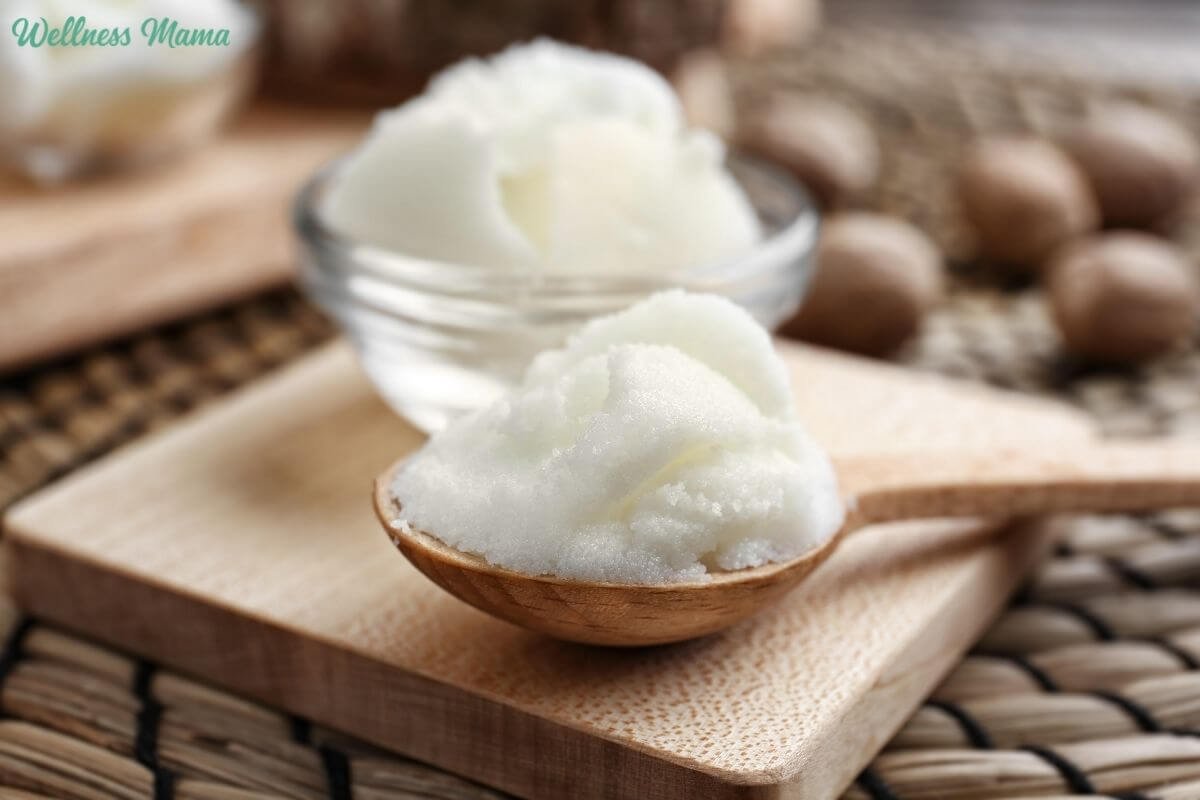
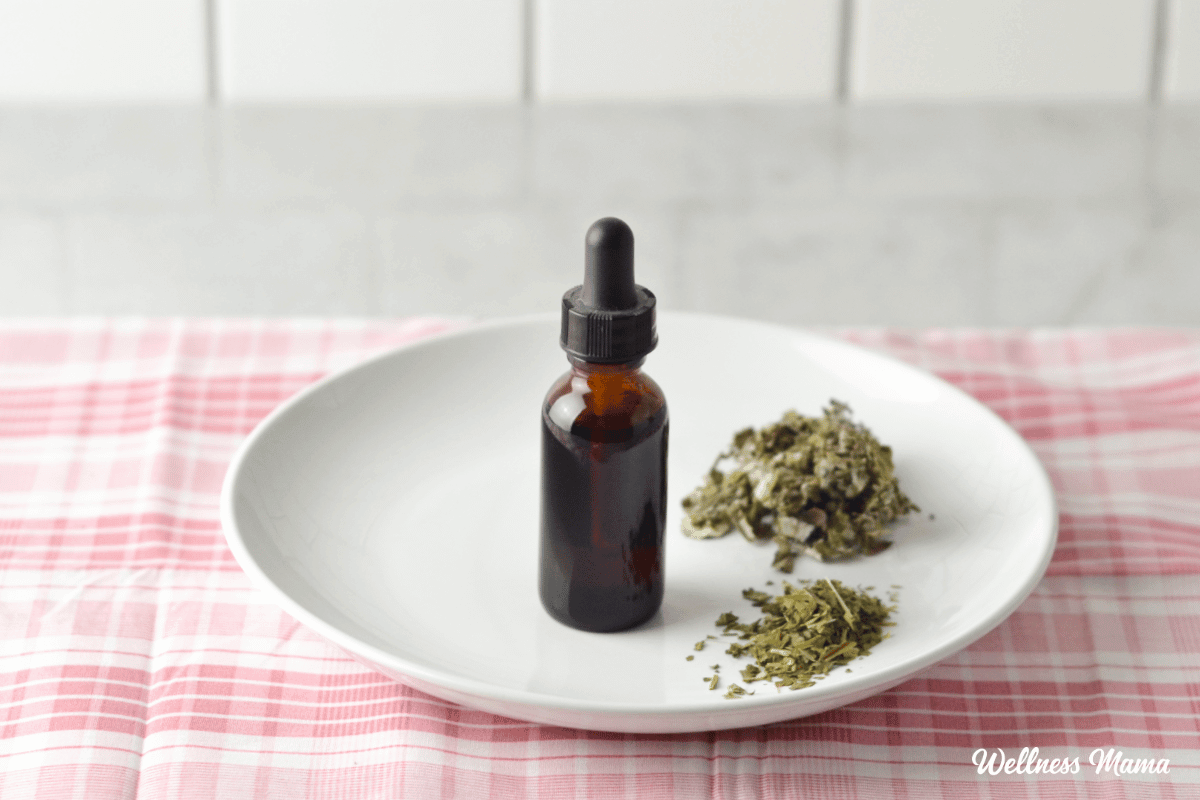

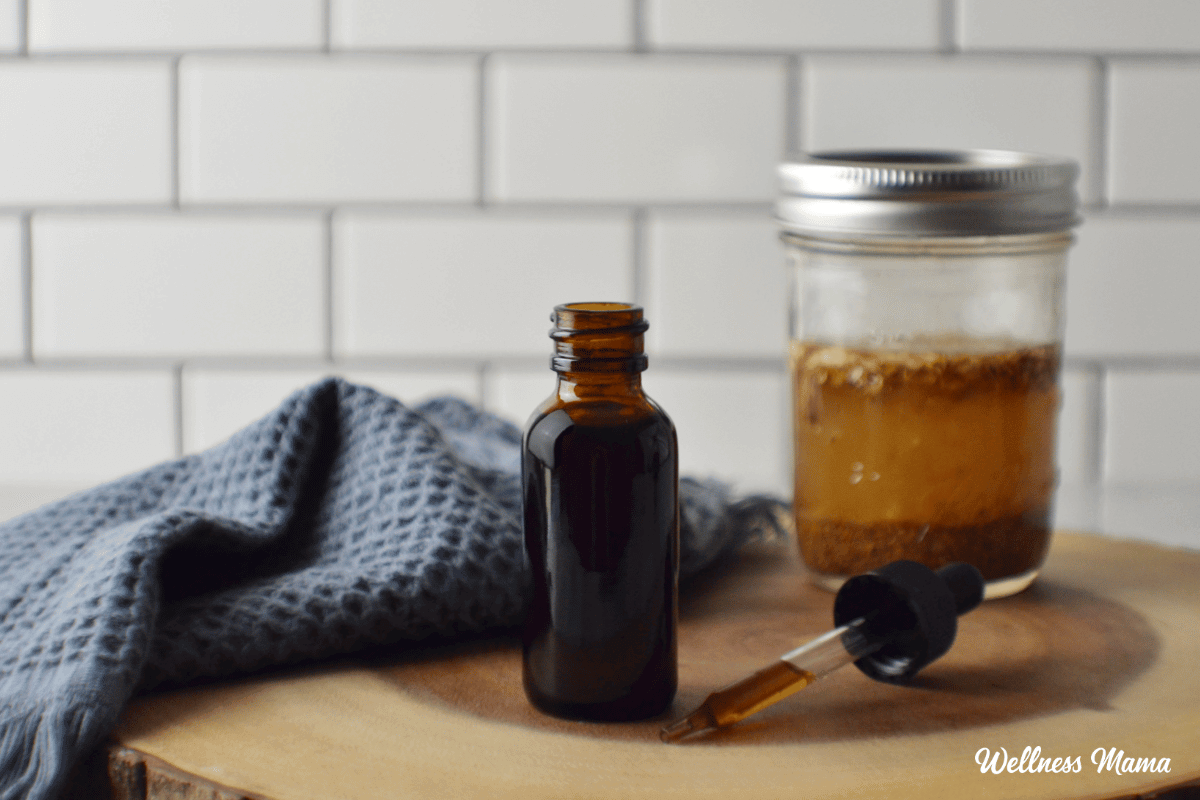




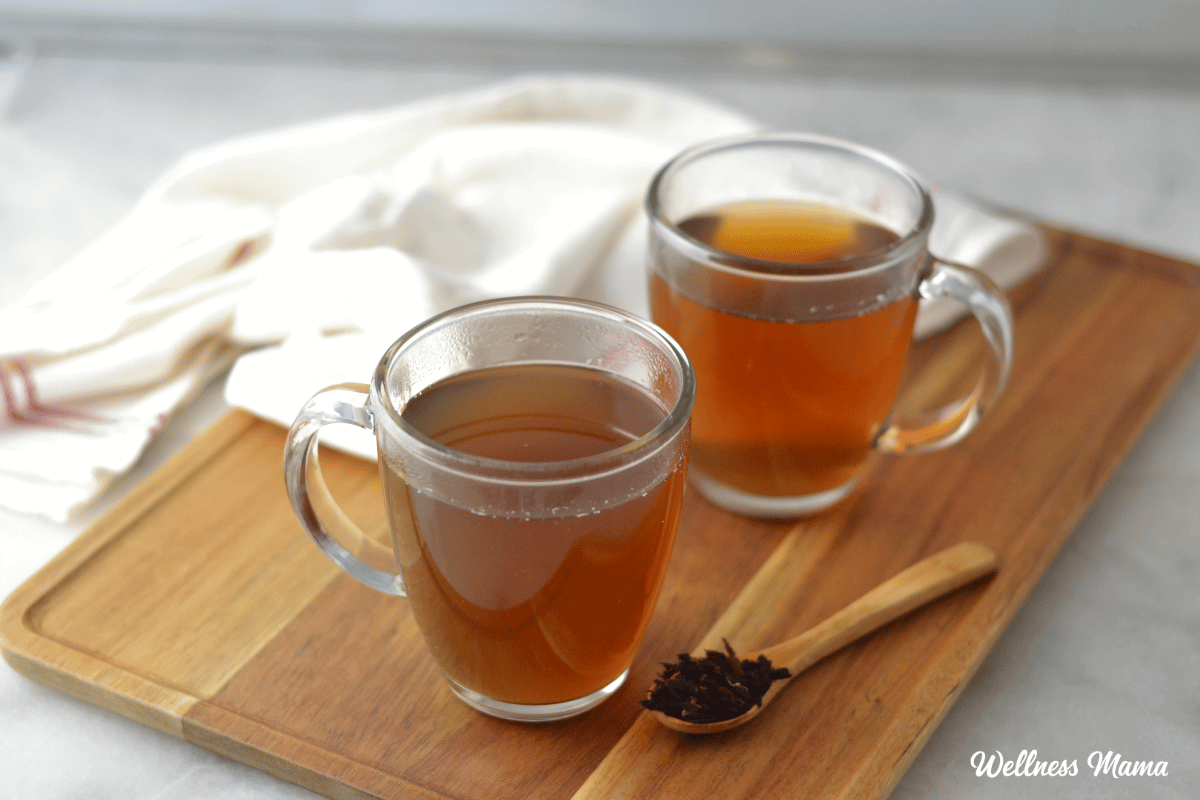


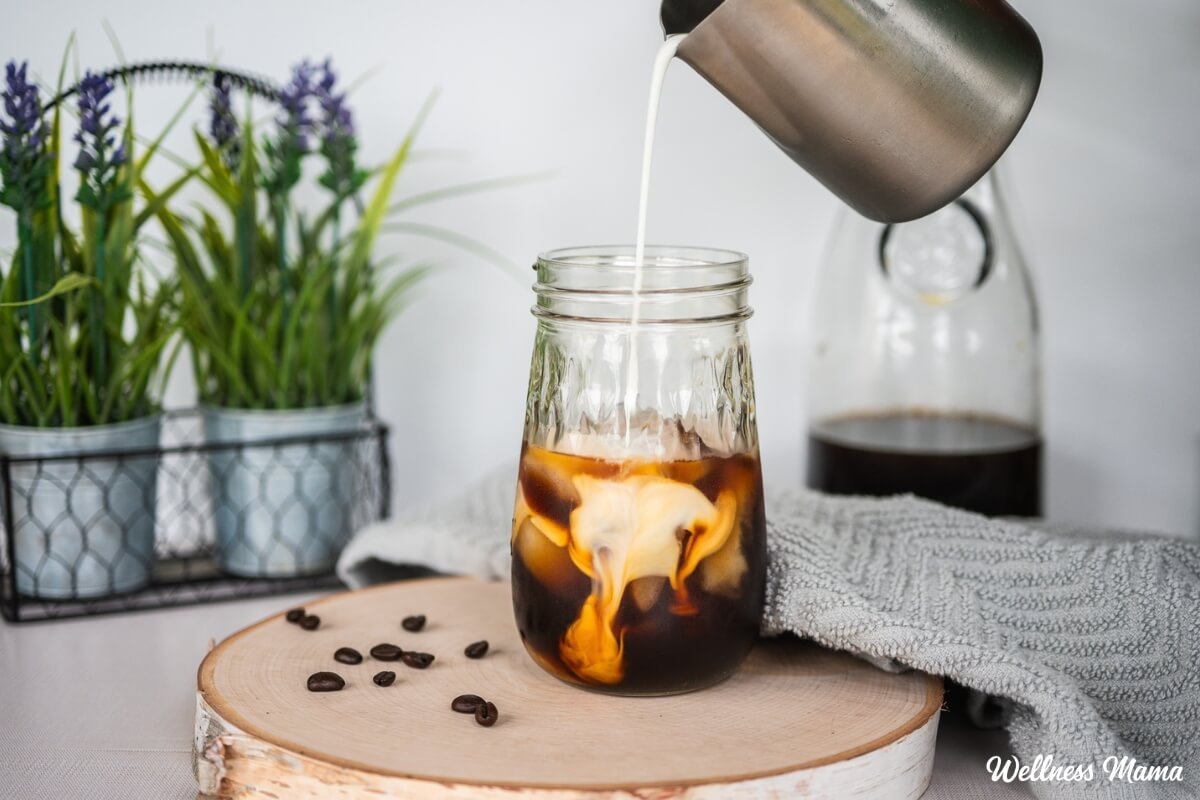
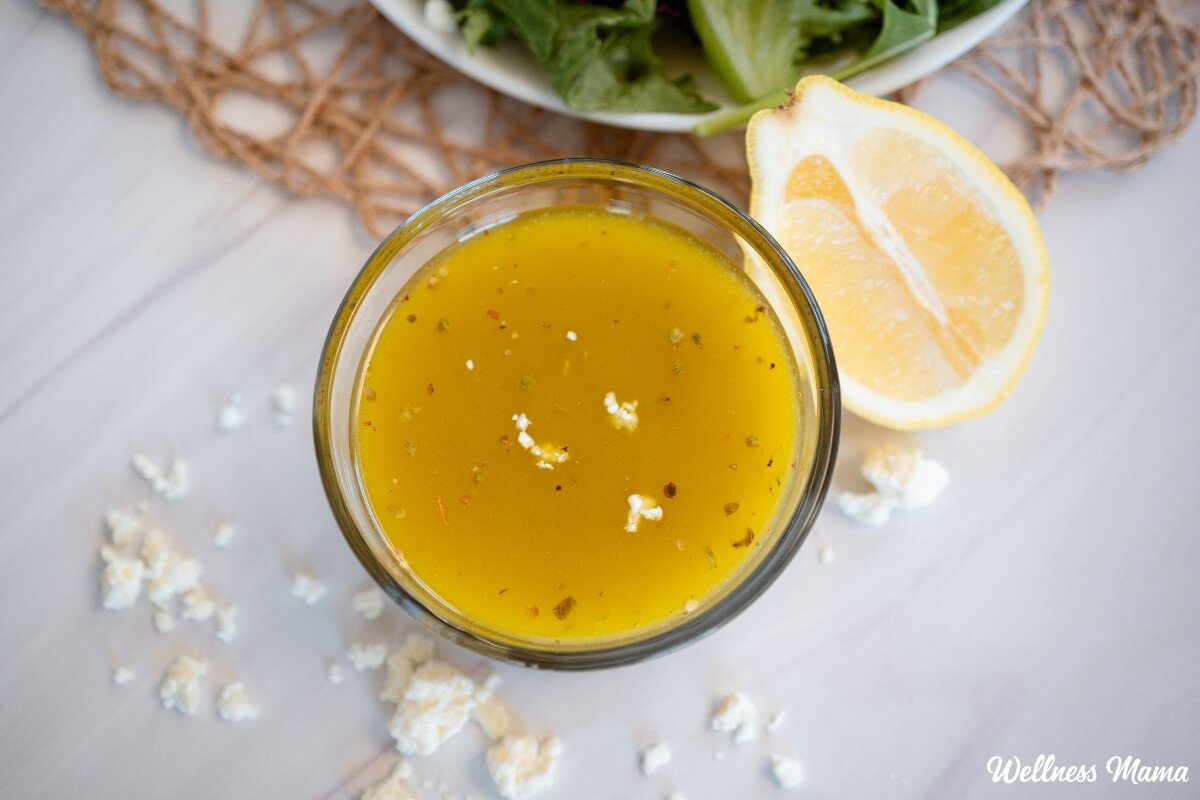

Leave a Reply